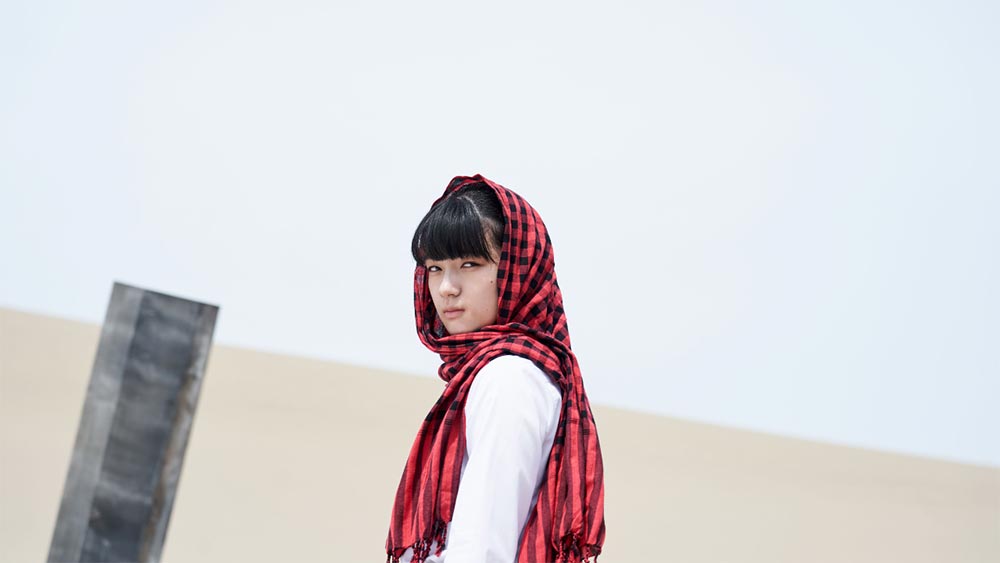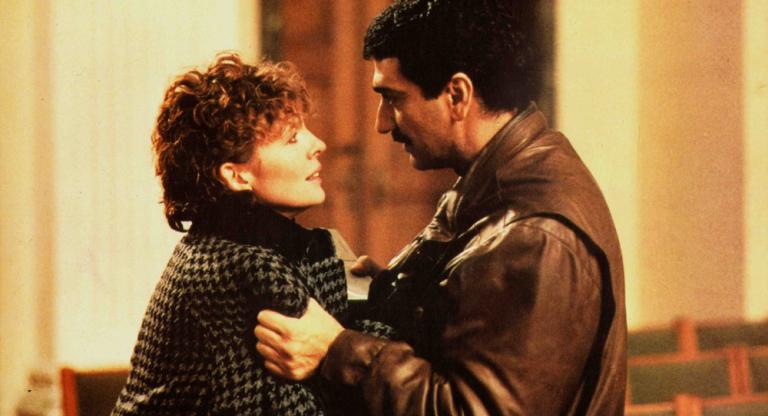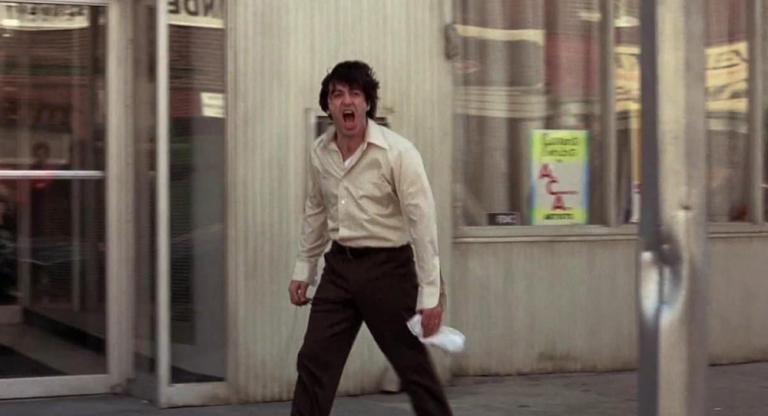Since 2006, Juichiro Yamasaki has worked as a filmmaker, educator, and farmer in his father’s rural hometown of Maniwa, Okayama Prefecture, Japan. All his features to date have been set there, each cultivated through a sustained engagement with the land and its people. In the semi-autobiographical The Sound of Light (2011), Yamasaki plays an eldest son torn between obligations to his family’s dairy farm and a desire to strike out on his own as a musician. Sanchu Uprising: Voices at Dawn (2014) whittles down an incident that could have spawned an epic jidaigeki—an 18th century peasant revolt suppressed by samurai—into a termitic microhistory of its causes and effects. His latest film, Yamabuki (2022), returns to the present and sketches the town through the stories of two individuals: Chang-su (Kang Yoon-soo), a Korean migrant worker at a local quarry, and Yamabuki (Kilala Inori), a policeman’s teenage daughter whose budding political consciousness causes her to confront her own power—and powerlessness.
The film begins with a botanical sketch by animator Sébastien Laudenbach, which reveals that “yamabuki” is also the name of a small yellow flower found on mountain slopes. It grows in partial shade, a description befitting Yamabuki’s place in the world. Her mother isn’t around, and her father offers little parental guidance, only dissuading her from participating in pro-labor and anti-war sign-waving protests. She wants to stand for what she believes in, but doesn’t know how far she’s willing to go, or if her actions matter in a town no one cares about. Chan-su’s name is symbolic too: for someone called “chance”, he has the worst luck. A devastating accident injures his leg, preventing him from working to clear his massive debt in South Korea. His subsequent misery alienates him from his Japanese family, and his dream of becoming an equestrian seems even further away. Like plants with disparate niches, Yamabuki, Chan-su, and the residents of Maniwa are part of the same fragile ecology, growing in the conditions that separate them. For Yamasaki, this contradiction between insularity and interdependence lies at the heart of Japan’s globalizing countryside.
Yamabuki’s and Chan-su’s fates are connected, but not in the form of a tightly braided narrative. Their lives intersect simply because they occupy the same space, like one street crossing another. There is, however, a latent fabulism sustained through the high-grain, desaturated 16mm cinematography (which nods to the kind of low-budget 8mm student filmmaking still practiced in Japan). Incongruous genre flourishes, like a mysterious ring of thieves, and a meet-cute plot involving one of Yamabuki’s classmates provide many of the film’s gags. Yamabuki revels in tonal chaos: it is both contrived and starkly realistic, and people are as likely to conceal their feelings as they are to spill them out in didactic monologues. Oppressive power structures are rendered with a tragic absurdity, and challenging them can look silly, too. Yamabuki invites her classmate to make a sign, asking him, “What do you want to scream?” The best he can do is to say he’s in love with her, and this awkward moment gets at one of the film’s main themes: how to translate your love for another person into love for the world.
The film gives more dramatic weight to Chan-su’s story, while Yamabuki’s story fills the gaps in between. The perilousness of Chan-su’s situation is punctured by Yamabuki’s relatively “low-stakes” internal conflict, but this allows their hidden frustrations to blend together, articulating them with visuals where words fail. In an interview with an Okayama-based magazine, Yamasaki mentioned that an impetus behind the film was his own resentment of the 2020 Tokyo Olympics. As the film developed, he removed references to the Olympics, sublimating his initial anger beneath those of his characters. This too is a hidden frustration, traceable only through the rock that Chan-su’s company blasts out of the hillside, presumably to be shipped to Tokyo to build Olympic facilities. But it is not necessary to make this connection to understand the film. Yamabuki is not asking us to understand Maniwa, only asking that we open ourselves to the voices behind its passions and struggles.
Yamabuki screens tonight and tomorrow, February 10 and 11, at IFC Center, its U.S. premiere. Director Juichiro Yamasaki will be in attendance for a Q&A following both screenings.



